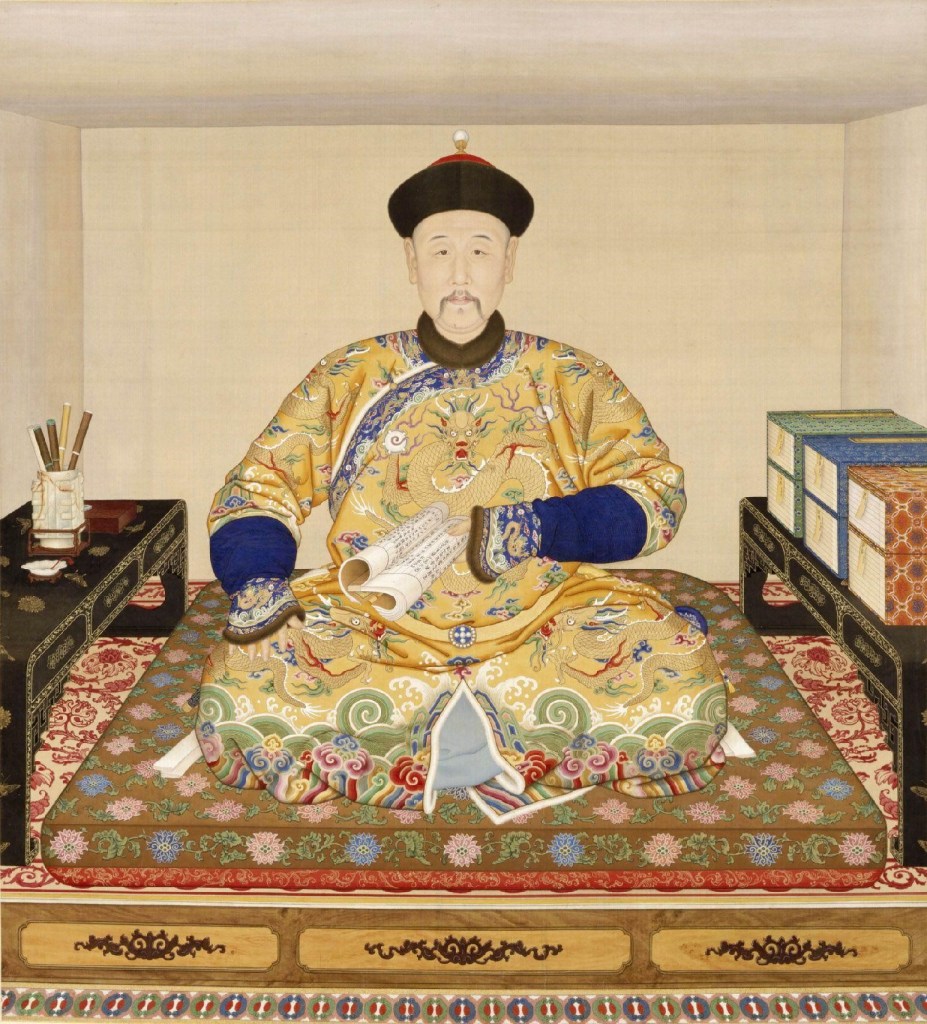Poisoned potions of immortality caused the death of up to seven Chinese emperors – the last less than three centuries ago.

Immortality of one kind or another is a common pursuit of the all-powerful. Having vanquished or subdued all worldly enemies, rulers seek victory over Death itself. In China, the pursuit of immortality killed.
Chinese alchemists – like their Western equivalents – pursued the creation of elixirs of immortality. Unfortunately, many of the elixirs in question used the mineral cinnabar as their base. Cinnabar has a gorgeous red hue and was also used for cosmetics, coloured cloth, and decorative stoneware. It was a terrible idea to make potions out of cinnabar. Its chemical name – mercury sulfide – should give you an idea of just why. Immortality potions at various times also contained gold, lead, arsenic, and a whole host of other noxious substances.
So, yeah, Chinese emperors quaffed potions and/or pills stuffed with poison. The first emperor to die from such a concoction was Qin Shi Huang, the first emperor of a united China. Qin Shi Huang was pretty desperate for a cure for death: he also sent a fleet out in search of an immortal wizard named Anqi Sheng. The fleet never returned, and the emperor died – probably from mercury poisoning.
That was 2,231 years ago. Emperors dying from elixir poisoning didn’t really take off until the Tang Dynasty. Emperors such as Muzong (who reigned 820 to 824 CE) and Xuanzong (846 to 859 CE) died; others became incapacitated.
Incredibly, though, the last emperor to die in this way was not too long ago: The Yongzheng emperor, supposedly a superstitious man, died in 1735, the same year that Linnaeus published his biological taxonomy.